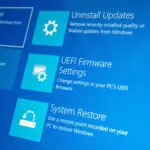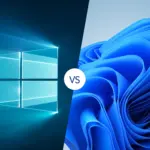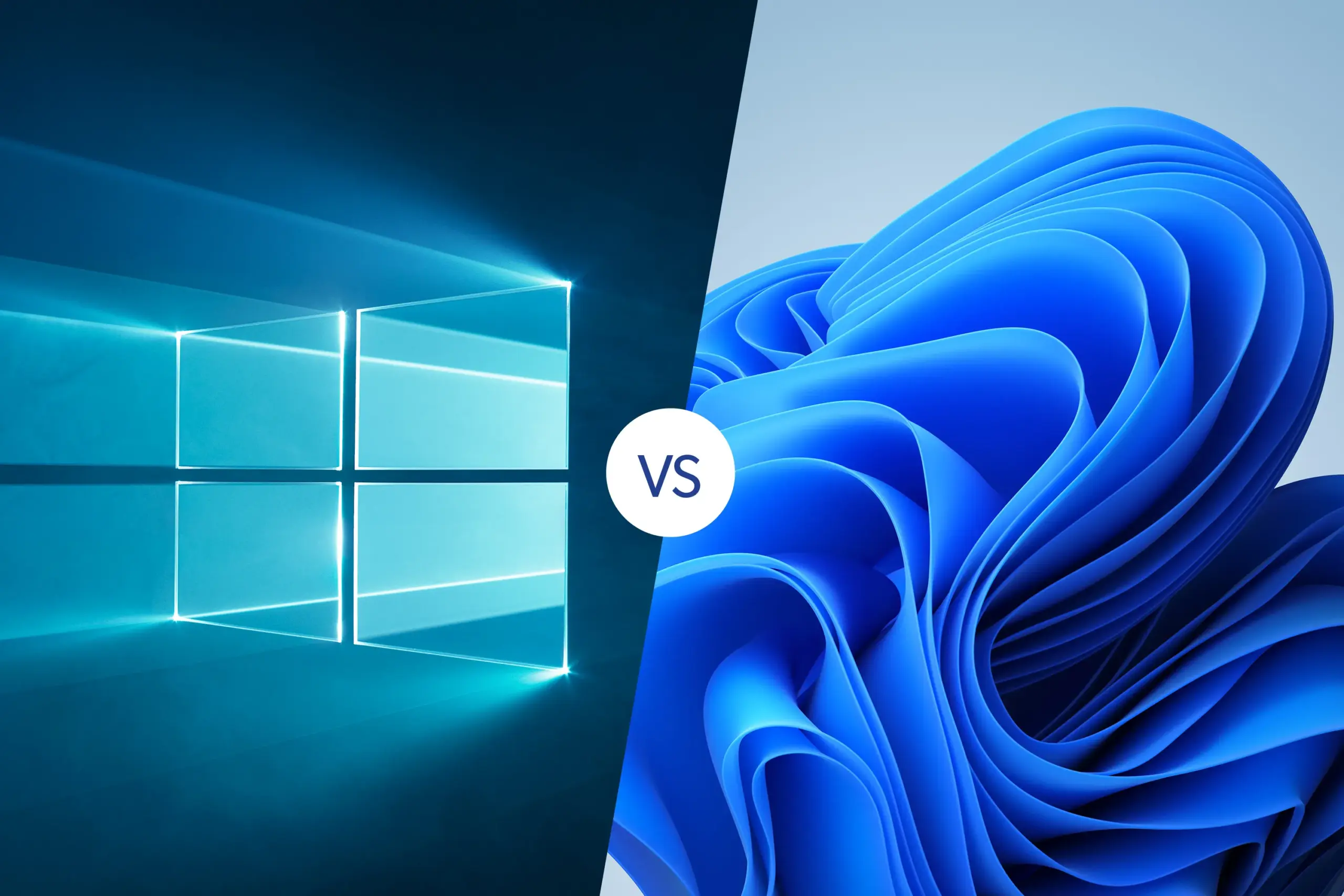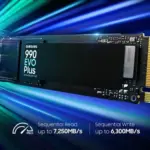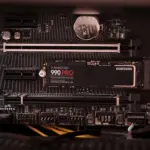All computer software requires specific hardware parts or additional software resources to function properly on a computer. These prerequisites are commonly referred to as system requirements, and they are frequently employed as guidelines rather than strict rules.
Two types of system requirements are typically defined by software: minimum and recommended needs. System requirements typically rise over time due to the growing need for more processing power and resources in newer software versions.
What are the minimum system requirements for Windows 11?
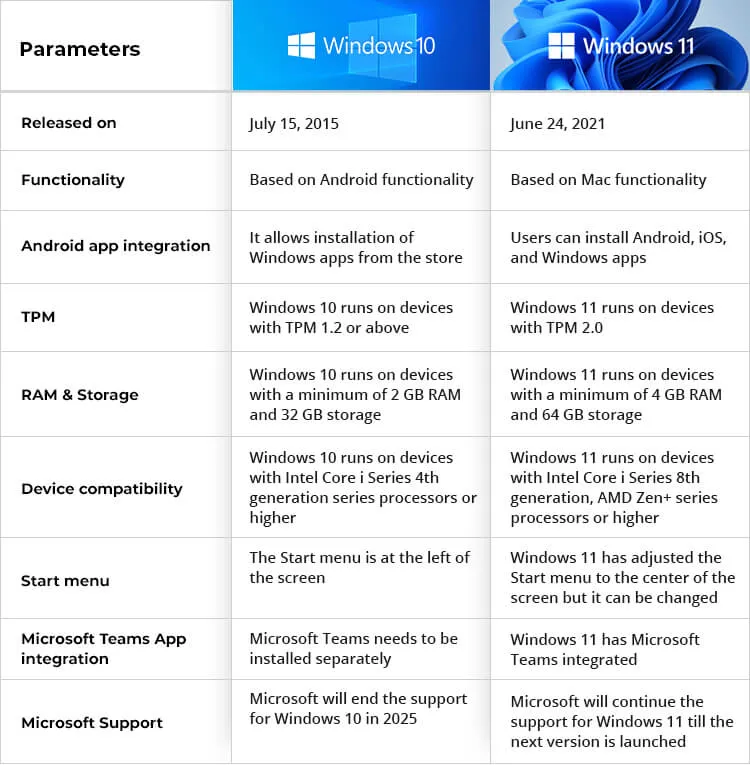
The lowest level computer hardware and other software components needed to operate the Windows 11 operating system and create a safe, dependable, stable, and compatible system environment are referred to as the Windows 11 minimum system requirements.
Windows 11 vs Windows 10 Minimum System Requirements comparison
| System Requirements | Windows 11 | Windows 10 |
| Processor | 1 gigahertz (GHz) or faster with 2 or more cores on a compatible 64-bit processor* or System on a Chip (SoC). | 1 gigahertz (GHz) or faster processor or System on a Chip (SoC). |
| Memory | 4 GB RAM | 1 GB RAM for 32-bit OS or 2 GB RAM for 64-bit OS |
| Storage | 64 GB or larger storage device | 16 GB for 32-bit OS / 32 GB for 64-bit OS |
| Graphics card | DirectX 12 compatible graphics or later with a WDDM 2.x driver | DirectX 9 or later with WDDM 1.0 driver |
| Display | >9” with HD Resolution (720p), 8 bits per color channel. | 800×600 |
| Internet connection | Internet connectivity is necessary to perform updates & download and use some features. | Internet connectivity is necessary to perform updates & download and use some features. |
| OS version | Latest Windows 10 | Windows 7 SP1 or Windows 8.1 Update |
The table above indicates that, generally speaking, Windows 11 has more system requirements than Windows 10.
In addition to what was already discussed, Windows 11 still needs the Trusted Platform Module (TPM) version 2.0, UEFI, and Secure Boot system firmware in order to function.
Why need a new Windows 11 ,inimum system requirements?
The entire potential of the PCs that consumers have grown accustomed to using is intended to be unlocked by Windows 11, which offers a comprehensive range of experiences in areas like security, dependability, stability, compatibility, multitasking, creating, building, playing, learning, etc.
In order to meet user expectations and maximize the potential of PCs, Windows 11 requires a minimal set of system components that enable it to adjust hardware and software in real time, delivering optimal user experiences both today and in the future.
Security
Hardware that can enable protections such as Secure Boot, Windows Hello, Device Encryption, virtualization-based security (VBS), and hypervisor-protected code integrity (HVCI) is needed to raise the security baseline. On devices that have been tested, the combination of those services has been shown to reduce malware infections by 60%. Additionally, every CPU that supports Windows 11 has an inbuilt TPM that supports VBS, secure boot, and particular VBS features.
Reliability
Windows 11-upgraded devices will be dependable and maintained. Users are reporting a 99.8% crash-free experience by relying on CPUs that have embraced the new Windows Driver model and are supported by Windows OEM and silicon partners.
Compatibility
The apps we use now are intended to work with Windows 11. It satisfies the minimal system requirements for Office and Microsoft Teams with its > 1 GHz, 2-core processors, 4 GB of RAM, and 64 GB of storage.
How can the minimum system requirements for Windows 11 be met?
You must first determine whether your computer’s present configuration satisfies the minimal system requirements. To check the compatibility with Windows 11, you can use the officially approved program, PC Health Check. Just wait for the official release if your computer passes the test and can run the upcoming Windows 11 operating system.
If not, you must update and repair the hardware or software on your computer in order for it to be qualified. If not, you will need to purchase a PC that comes pre-installed with Windows 11 or a compatible device.



